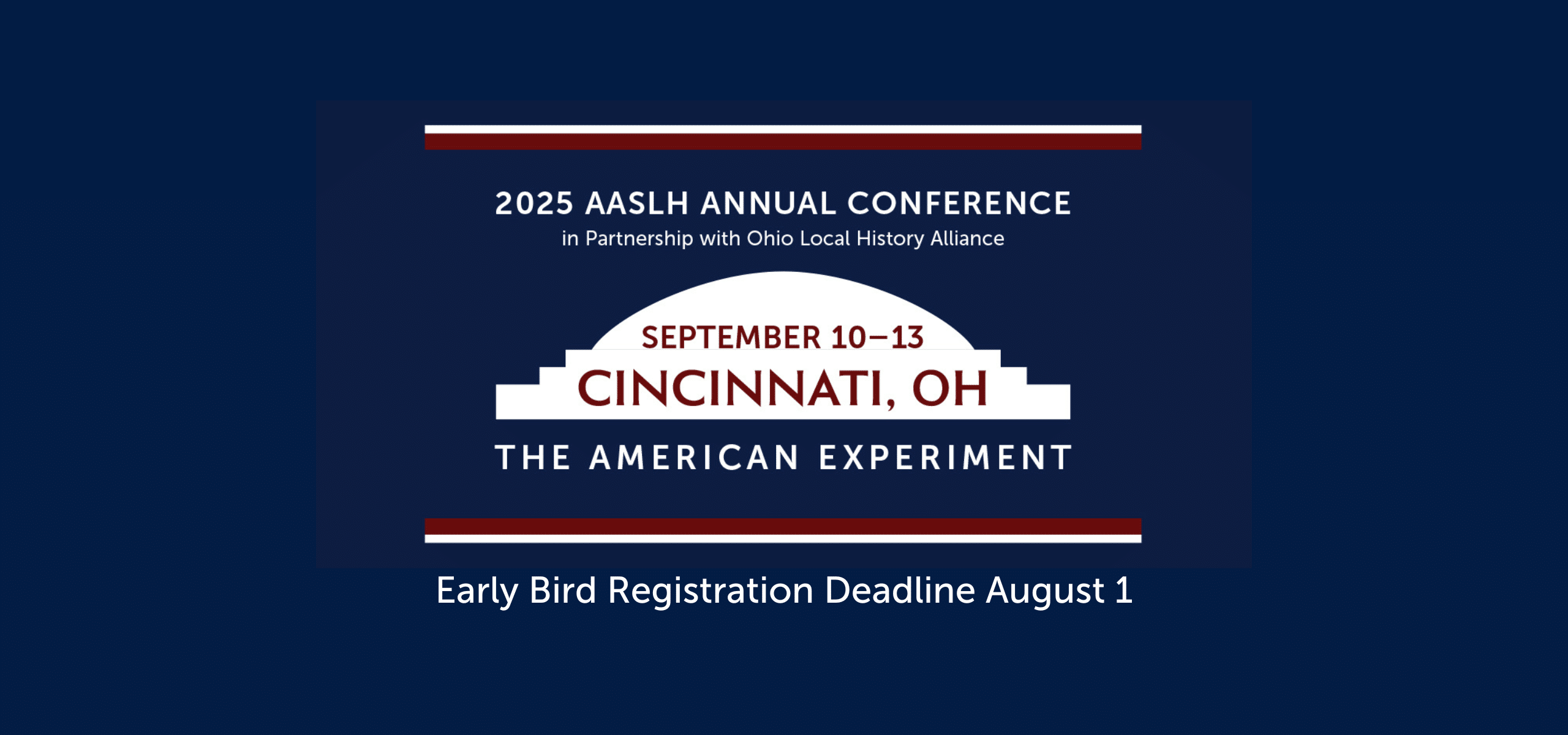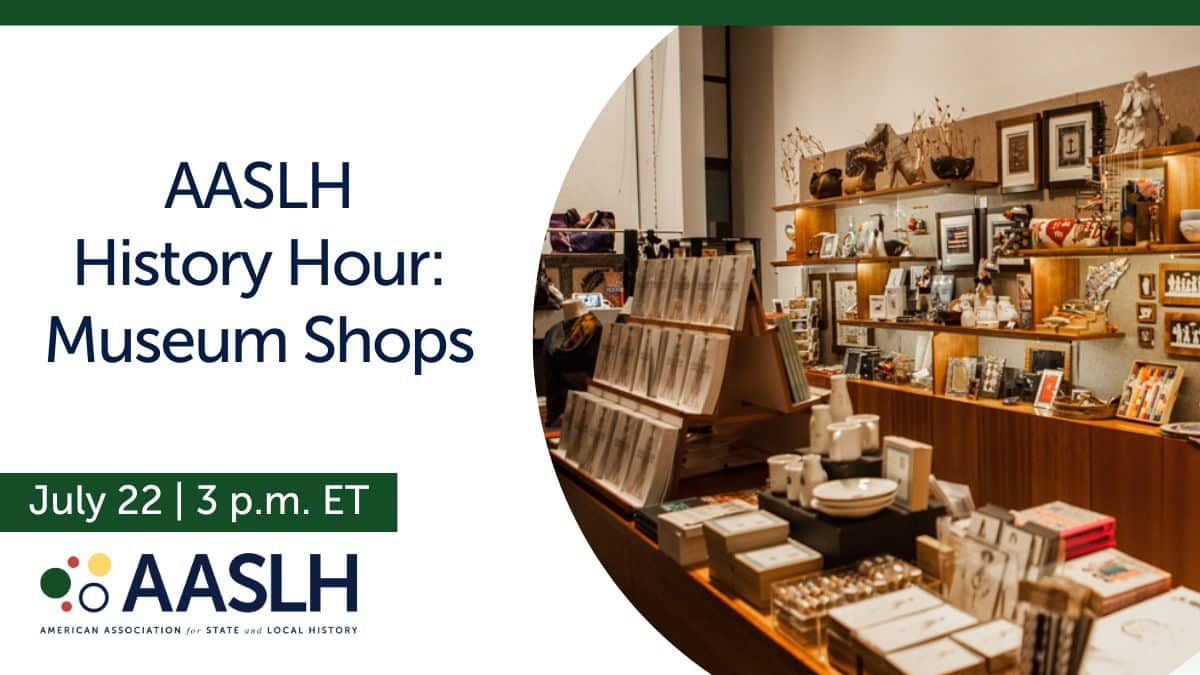Our colleagues at the United States Holocaust Memorial Museum have asked AASLH’s help in spreading the word about their remarkable history crowd-sourcing project History Unfolded: U.S. Newspapers and the Holocaust. This is something worth your attention. Outside of commemorations for wars and other major events, it is rare for a history project to have this much potential to reach so widely and deeply.
History Unfolded is a national “citizen history” project using local newspapers to understand the Holocaust by answering the following questions:
How much did Americans know about the Holocaust when it was happening? How did they respond?

The project empowers individual history enthusiasts and students to research how their hometown newspapers covered specific events in the 1930s and 1940s related to the Nazi persecution of Jews and others. There is a unique opportunity here for state and local museums, historical societies, and historic sites and houses to support this international project as well. I want to personally encourage you to make the most out of this project. The project website is still in a beta testing stage, so you have two or three months to plan before the project is officially up and running.
Think of History Unfolded as both a marketing opportunity for your institution and a ready-made engagement tool for your visitors. The high-profile, national scope of this web-based initiative draws attention, and participating organizations can build on each other’s successes. Meanwhile, citizen historians will be looking for help in scouring local newspapers. Members of your community will want to use your collections and call on your research expertise and advice to enhance their participation in the program. In return, your organization builds visitorship, demonstrates the expertise of your staff, reveals your community’s role in national/international events, and helps increase our overall understanding of the Holocaust.

Citizen historians research local newspapers for History Unfolded: US Newspapers and the Holocaust at the Martin Luther King Jr. Public Library. Washington, DC, 2015. — Courtesy of the United States Holocaust Memorial Museum
Your organization could even design special programming around the History Unfolded project. The DC Public Library, for example, hosted a research event for History Unfolded’s citizen historians in Washington, D.C., setting aside a meeting space one evening, a few computer terminals, and some staff to assist eager researchers in finding, analyzing, and uploading old newspaper articles into the Holocaust Museum’s database. Closing out the event was a discussion of what they had found as a group.
Another way to make the most of this project would be to connect a real-time research event with a lecture, an exhibit, or other program. Local university, college, or high school student and their faculty would be ready audiences. Instructors teaching European or World History who wonder how a U.S. public history institution, a public history approach, or state and local history can be integrated into their courses will find answers in History Unfolded. In addition, your institution might consider related programming that would involve genealogists or other avid groups of researchers. And why not an ongoing program that used History Unfolded to get students and lifelong learners in your area working together. How will you use this project to engage your visitors and community?
Read more about the History Unfolded project and get involved.




